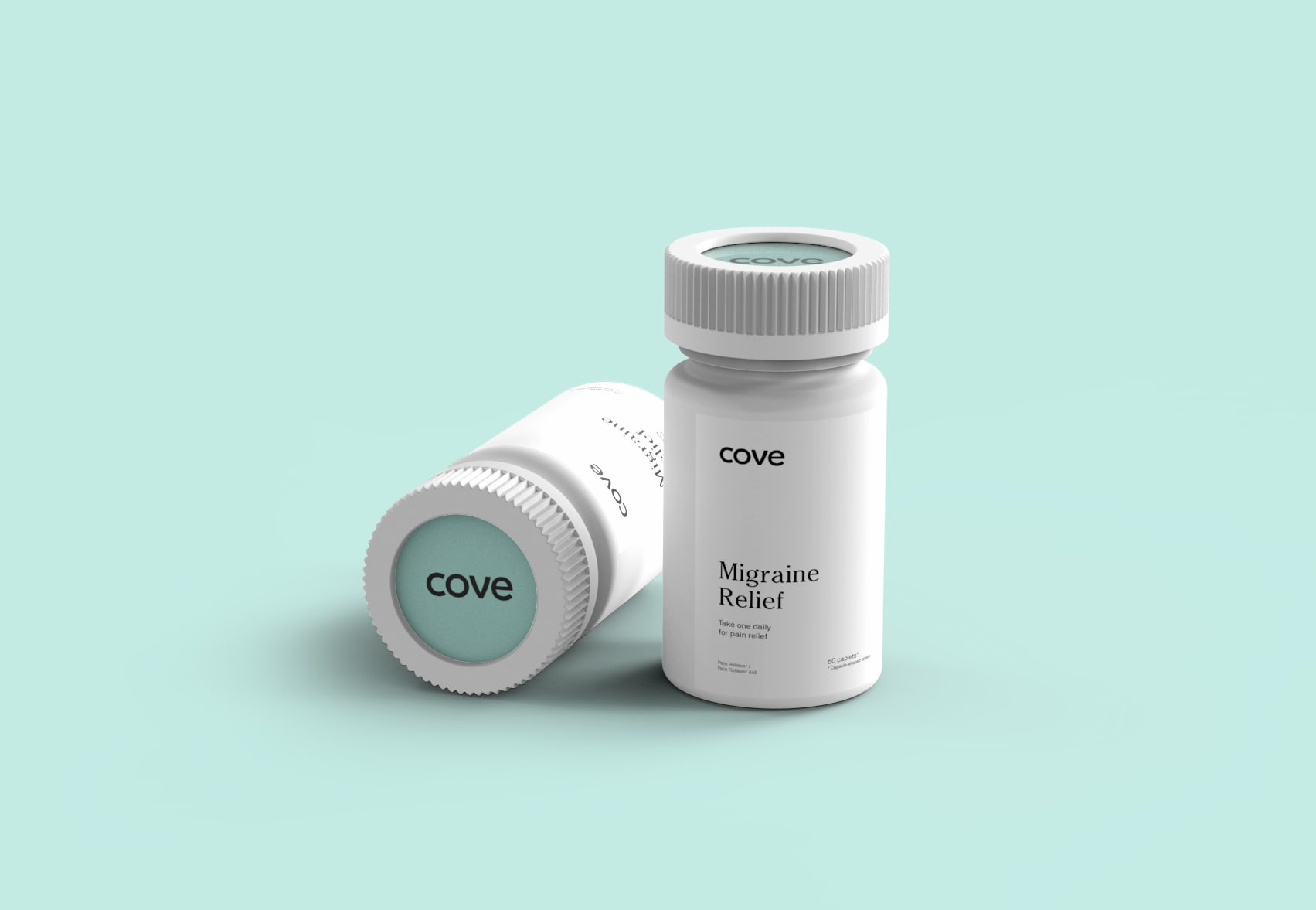Most people know that living with migraine means dealing with frequent debilitating headaches (although they’re still catching up on the nausea, sensitivity to light and sound, and all the other horrible symptoms). But what about all of the other hurdles migraine sufferers face because of their condition?
The disruptions to your finances, social life, and career caused by your attacks aren’t any less important than the symptoms themselves. That’s why today we’re shedding light on the hidden costs of migraine.
1. Increased medical costs
Treating migraine takes more than just paying for your prescriptions. You may have to see multiple doctors to even get diagnosed with the condition, then try one treatment after another to find one that works. If your attacks are severe enough, you might even need to head to the emergency room from time to time.
All that medical attention gets expensive, not to mention all the time it takes to go to all of those appointments. That can add up to big hit to your finances and your free time. If this is a problem for you, you may be able to get your treatment more affordably—and conveniently—with Cove.
2. Extra career hurdles
If you’ve ever missed a few hours of work because of an attack, or lost a job for taking too many days off to manage your condition, you know that migraine can easily have a negative impact on your career. We’re not just talking about lost income from hours spent lying in bed, but also awkward conversations with your boss about your medical status, getting passed over for promotions because you can’t commit to demanding schedules, or having to apply for disability benefits because your condition is so severe you can’t work at all.
You won’t hear most of these issues brought up at your typical HR meeting, but that doesn’t mean they’re not important. After all, migraine sufferers deserve fulfilling careers as much as anyone else does.
If migraine keeps getting in the way of your work, check out our top five career tips for migraine sufferers, from migraine sufferers.
3. Relationship pressures
Migraine doesn’t just get in the way at work—it affects your social life too. It’s tough to make plans when an attack could blindside you at any moment, and it might stress you out to have to ask friends or family for help when a headache inevitably strikes. You may even feel guilty for needing to step away from parenting duties to take care of yourself.
That stress and uncertainty can take a toll on your friendships and romantic relationships, and living with a chronic condition is already isolating sometimes. If all this sounds familiar to you, you might find solace in these interviews with mother-daughter pairs of migraine sufferers, or these great reads on what’s really like parenting with migraine.
4. Mental health burdens
Dealing with any chronic condition can be stressful, but migraine can be especially harrowing—you always know an attack is always coming, but you never know when. Add all of the other hurdles we just talked about (plus normal, if stressful, life events like job interviews and delayed flights) and it’d be understandable if you felt a little overwhelmed.
To make things more complicated, stress itself is a migraine trigger, so the more you worry about your condition, the more of a problem it becomes. (Not to mention the fact that migraine sufferers are significantly more likely to also have anxiety or depression.) If you’re trapped in this cycle, we’re here for you. That’s why we wrote this guide to stress management for migraine sufferers.
We know we’ve barely scratched the surface of all the difficulties that come along with migraine, but you already know that a list like this could go on for quite a while. That’s because migraine is so much more than a bad headache—it’s a wide array of tough physical, financial, and emotional challenges all rolled up into one condition.
The good news is that you’re not alone in tackling all of this. You can always lean on the only people who can truly understand what you’re going through: other migraine sufferers. Looking for a place to make connections?
Join the Cove community on Facebook, Instagram, or Twitter.
The information provided in this article is not a substitute for professional medical advice, diagnosis, or treatment. You should not rely upon the content provided in this article for specific medical advice. If you have any questions or concerns, please talk to your doctor.
Photo by Maresa Smith via Death to Stock


